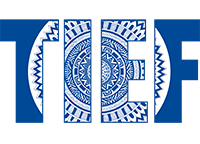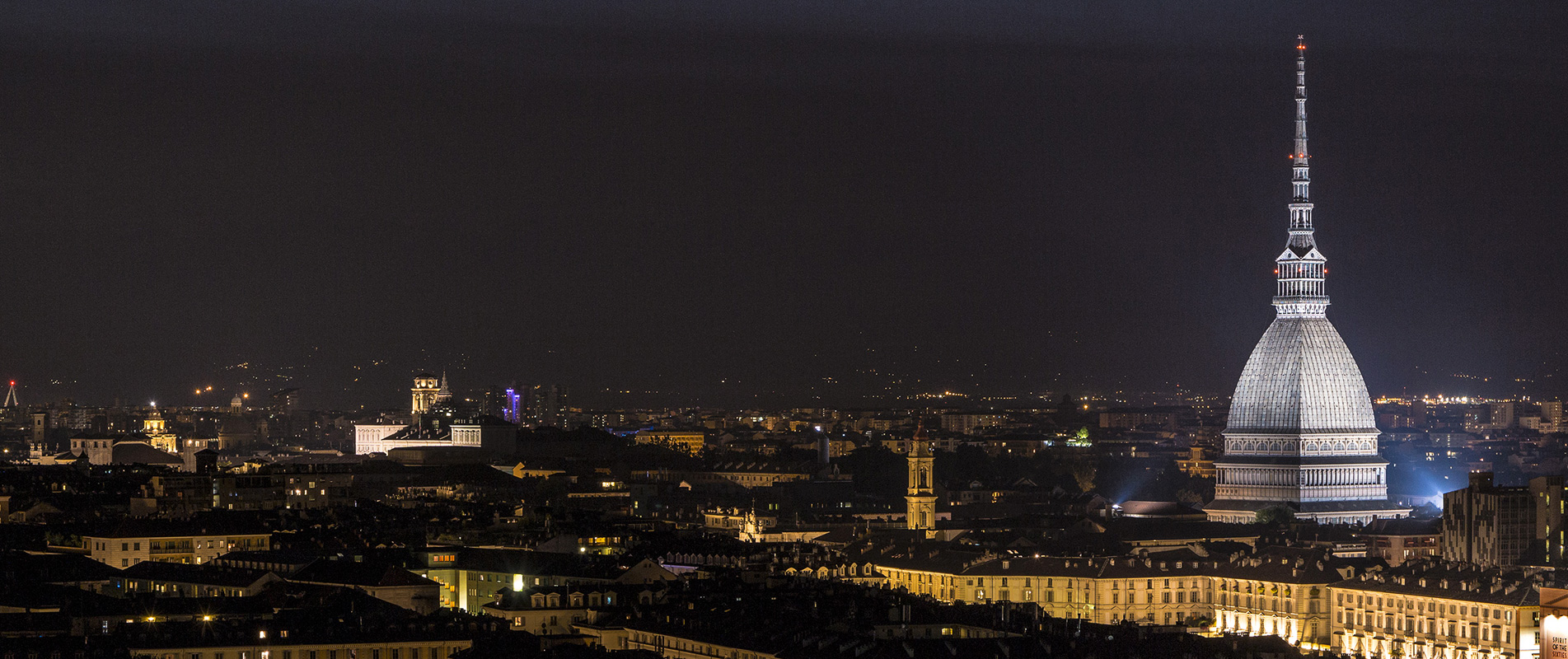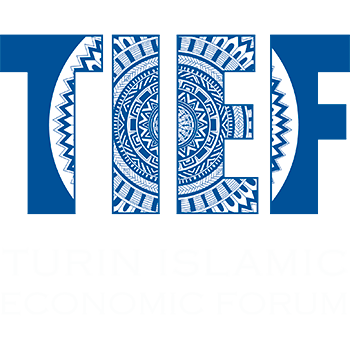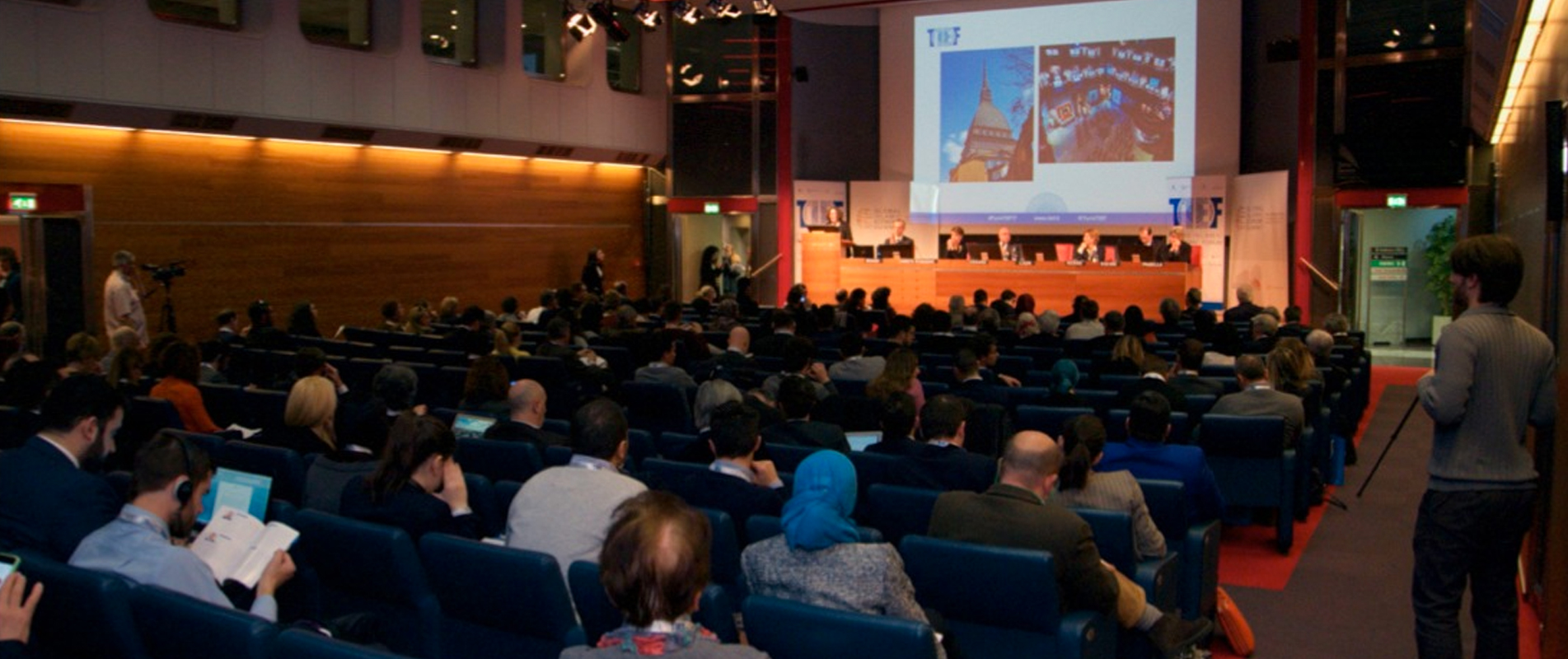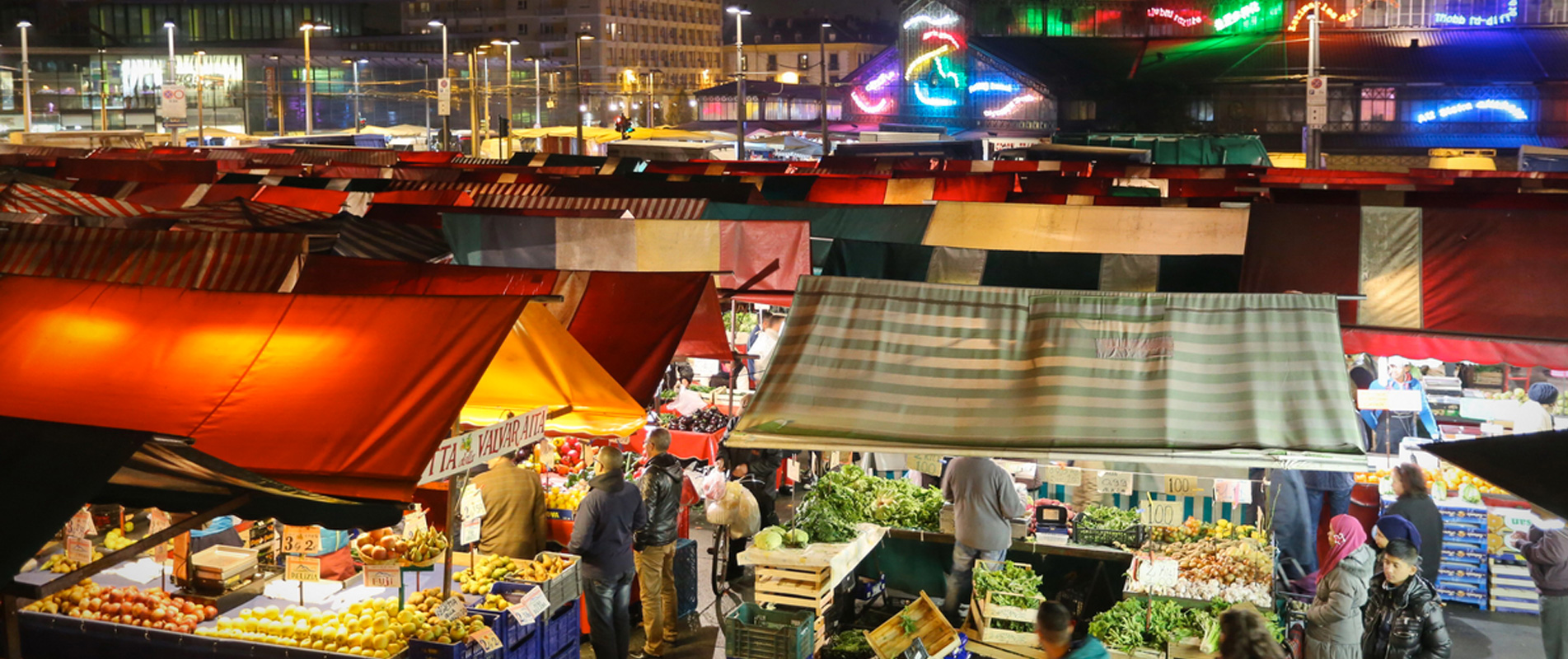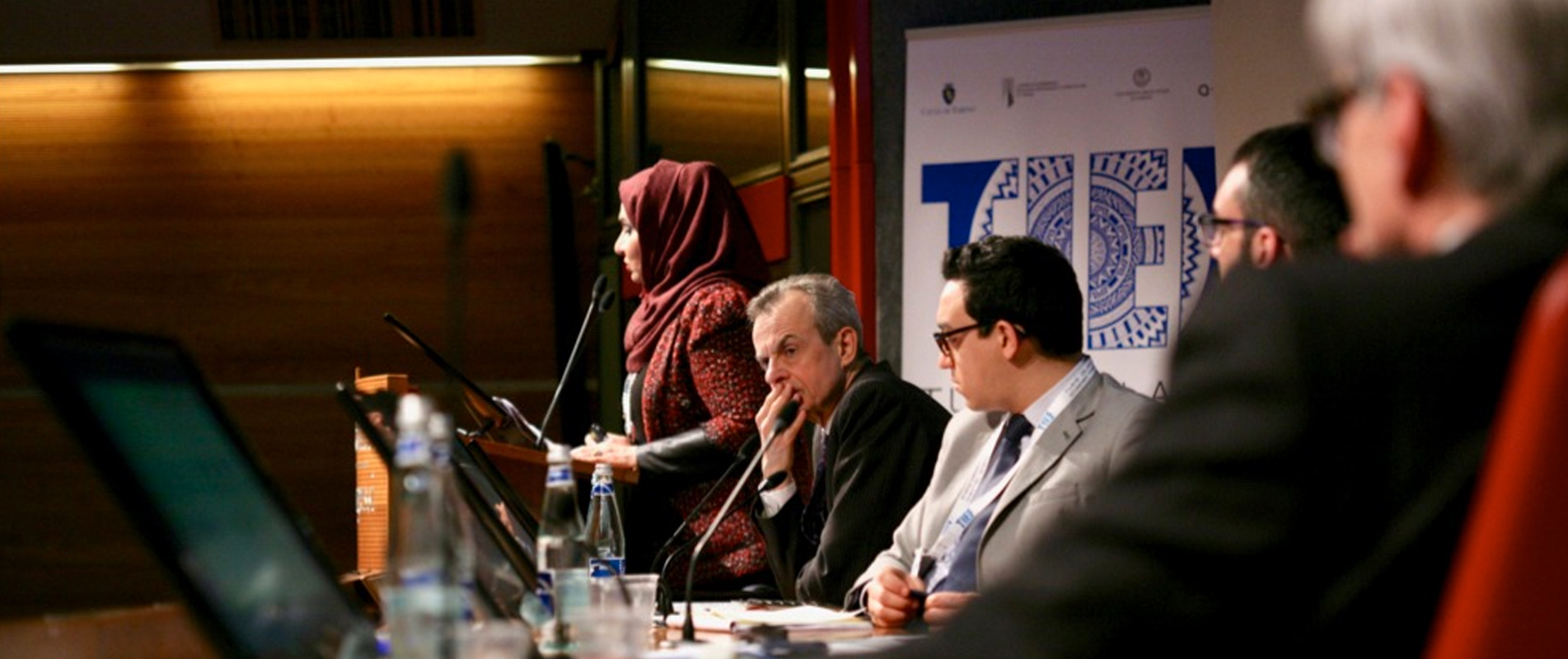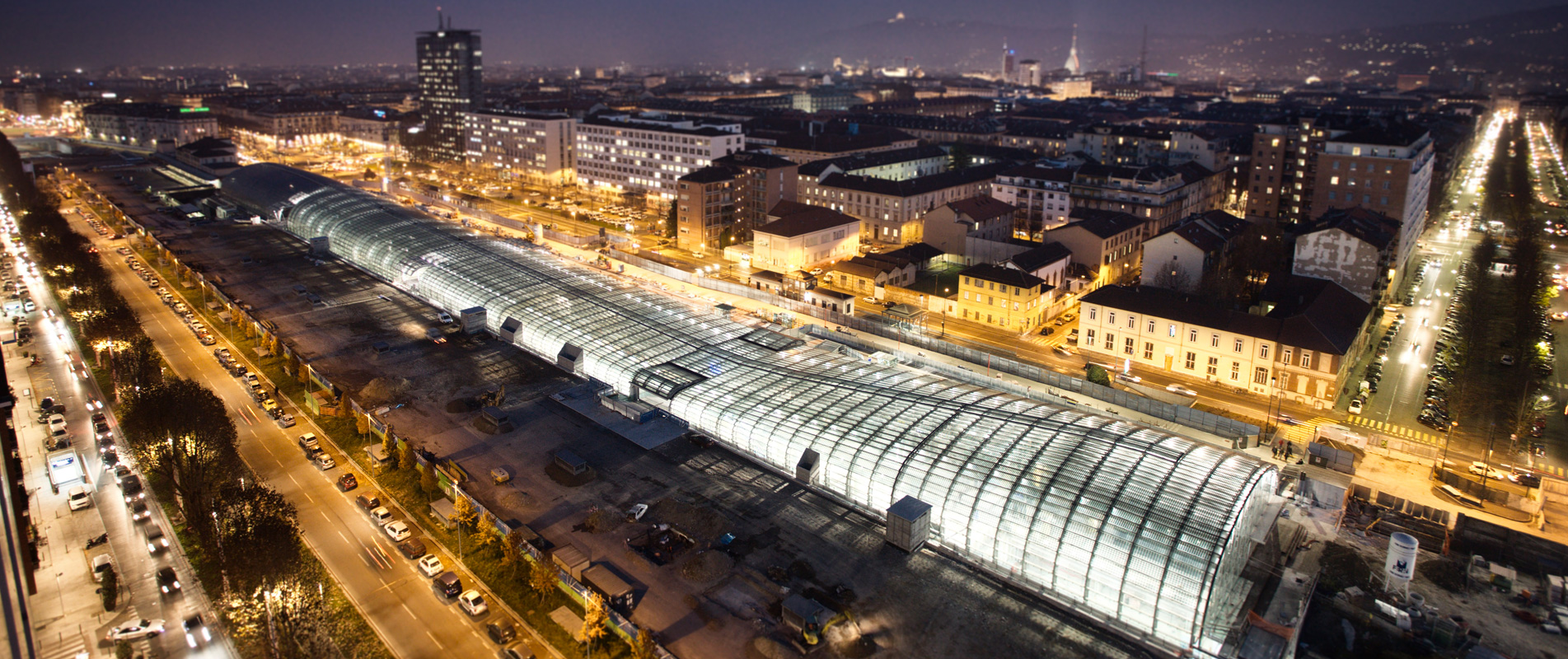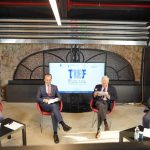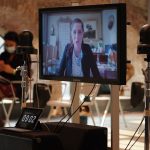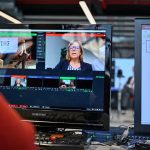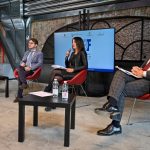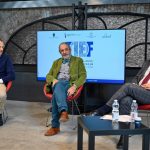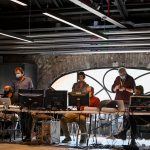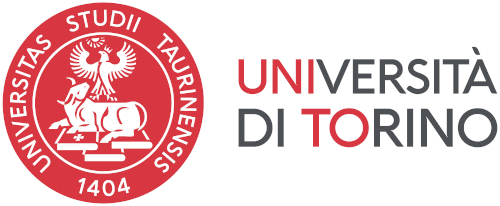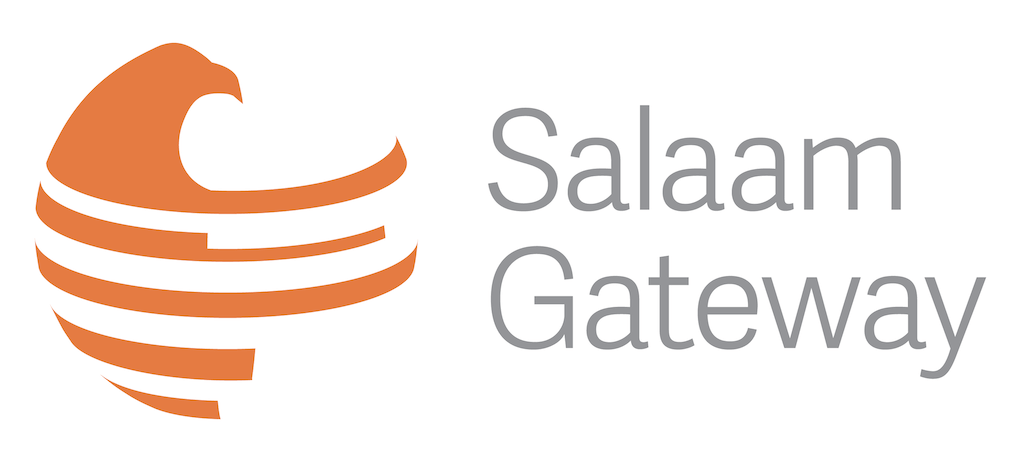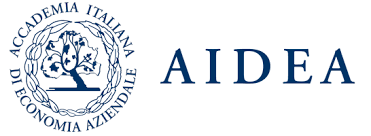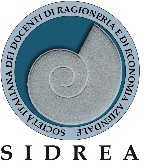Prof. Stefano Lo Russo – Mayor, City of Turin Prof. Stefano Geuna – Rector, University of Turin Dr. Dario Gallina...
TIEF 2023 – online

Since 2014, the City of Turin, in partnership with the University of Turin, the Turin Chamber of Commerce, the Association for the Development of Alternative Instruments and Financial Innovation (ASSAIF), and with the organisational support of “Turismo Torino e Provincia”, has focused on the opportunities offered by Islamic finance for the development of the territory, organising five editions of the Turin Islamic Economic Forum / TIEF – www.tief.it.
According to “State of the Global Islamic Economy Report – Unlocking Opportunity” (Dinar Standard, 2022), the Islamic finance sector is steadily expanding. Both Muslim-majority and Muslim-minority countries have recognised the segment’s potential, with banks and governments encouraging Islamic finance to improve financial inclusion. In addition to the usual sectors such as food, fashion, cosmetics, travel, and entertainment, there has been further propulsive growth in the Islamic FinTech sector with more than 241 start-ups engaged in the adoption of technologies such as blockchain and artificial intelligence and a total market size of $49 billion. It is estimated that the turnover of such assets has exceeded $3 trillion worldwide, especially in Europe, where many citizens of the Islamic faith live, and is set to grow significantly.
In the food sector, Muslim consumers spend $1267 billion, followed by clothing ($295 billion), media and entertainment ($231 billion), travel ($102 billion), and pharmaceuticals and cosmetics ($100 billion and $70 billion).
In Europe, the Islamic finance sector is accelerating strongly: by way of example, we highlight the British government’s issuance, described as strategic, of a second sovereign sukuk after the one in 2014, in the amount of £500 million subscribed by domestic and international investors. Luxembourg has, by now, a highly developed regulatory infrastructure, especially for managing Islamic funds, and Ireland is emerging as the third European hub for Islamic finance. The issue in Italy is now well known both at the institutional and media level, thanks also to numerous efforts at the level of knowledge sharing, especially in terms of halal-related economics.
TIEF is the only Islamic finance forum in the world organised by a local entity that, in partnership with a Chamber of Commerce, a public University, and a research organisation, aims to foster initiatives and events related to Islamic finance for the integration and economic and social development of the local and regional area. TIEF already has five editions held in 2014, 2015, 2017, 2019, and 2021 to its credit.
In these years, the events have fostered the knowledge and promotion of the Turin and Piedmontese territory abroad, particularly in the Emirates, and allowed local businesses to enter into industrial and supply agreements with companies in the Middle East and Italian public institutions and research centres to talk with the most important players in Islamic finance and economics worldwide.
The City of Turin, together with the other institutional partners, through the TIEF, bears witness to the keen interest in Islamic finance as a useful tool for fostering integration and attracting investment to the territory from those countries where Islamic finance plays a decisive role in economic and employment development.
By resolution of the City Council (mecc. 2016 06609/072), a Memorandum of Understanding was approved between the City of Turin, the University of Turin, the Chamber of Commerce of Turin and the Association for the Development of Alternative Instruments and Financial Innovation (ASSAIF), which stipulates that the partners, within their respective roles and competencies, consolidate all forms of collaboration and institutional synergy to achieve the following objectives:
1. promotion of initiatives aimed at the in-depth study of issues related to Islamic finance aimed at improving integration and economic and social development in the Turin area;
2. study and research activities in the field of Islamic finance, promotion of the culture of the same in all its forms, collaboration with the actors of the national and international financial system for the definition of compatible products, and contact with the Islamic communities in the territory (University of Turin);
3. actions to support the internationalisation of companies in the area (CCIAA);
4. activities of study, promotion, dissemination and valorisation, carried out since 1986, of Islamic finance and halal economy, and consulting (market analysis, studies and evaluations, creation of products) to governments, central banks, public and private institutions, local and regional authorities, professional firms and investors (ASSAIF).
In 2023, TIEF will be available on-demand by distributing approximately 30-minute video interview clips on various topics and with the common thread of knowledge growth and landing on the territories of opportunities arising from Middle Eastern countries. Topics of discussion will include:
• the innovative use of Islamic fintech for financial inclusion;
• the synergies between the use of Islamic social finance tools and social impact finance tools for local community development;
• the role of halal sports, medicine, and tourism in attracting investment and, at the same time, promoting better integration of Muslim communities;
• the use of Italy’s huge and mis-known Islamic cultural heritage to promote Italy’s image in Gulf countries;
• the contribution of artificial intelligence to the creation of more inclusive societies;
• the contribution of Islamic finance to the Next-Generation EU to attract new capital that can be invested in resources and strategic partnerships.
In addition, TIEF 2023 will be an active project of attracting investment from the Middle East and Gulf countries to the Italian and local business fabric in the setting of OGR Tech. In addition, everything will take place in a new way that will involve sharing interviews and institutional pitch to investment funds and interlocutors in Italy, Europe, and the Middle East and Gulf countries.
Simultaneously, at TIEF 2023 – ONLINE, the workshop of the international scientific journal will be held European Journal of Islamic Finance, dedicated to the in-depth scientific study of the issues under discussion will be held and will see the participation of academics from all regions of the world through a call for papers organized directly by the Department of Management “Valter Cantino” of the University of Turin.
About TIEF

The Turin Islamic Economic Forum is a project shared by the City of Torino, the Chamber of Commerce of Torino, the University of Torino and ASSAIF– Associazione per lo Sviluppo di Strumenti Alternativi e di Innovazione Finanziaria – to promote effective initiatives on Islamic Finance for social inclusion and economic development of the territory.
It’s a unique event hosted by a local government that offers local stakeholders the chance to meet international leading players in the fields of Islamic finance and economy.
An event to share ideas, learn from outstanding international best practices and examine new trends in Islamic Finance focusing on the use of Islamic finance to trigger processes of social inclusion and to foster economic development and internationalisation.
1. What
The Turin Islamic Economic Forum (TIEF) is a project shared by the City of Torino, the Chamber of Commerce of Torino, the University of Torino and ASSAIF– Associazione per lo Sviluppo di Strumenti Alternativi e di Innovazione Finanziaria – to promote effective initiatives on Islamic Finance for social inclusion and economic development of the territory.
2. Where
Torino, with its 908.000 inhabitants, its 130 km2 of territorial extension and its GDP of 55.000 millions of Euros (which is 4.5% of the national GDP), is one of the most important cities in Italy. It is a modern and vibrant city which can be considered as a model worldwide since it has become a centre of innovation and culture of which we are very proud.
3. Why
The Islamic financial sector represents a particular sector within the global financial industry. The total Islamic financial assets have a combined value of nearly $3.9 trillion. This sector is based on the basic principles of Islamic law, known as Shariah.
Program 2023

Prof. Paolo Biancone – Full Professor of Islamic Finance, University of Turin Dr. Fazal Bahardeen – Founder & CEO of...
Prof. Paolo Biancone – Full Professor of Islamic Finance, University of Turin Dr. Andrea Tronzano – Regional Councillor for Development...
Prof. Paolo Biancone – Editor-in-Chief European Journal of Islamic Finance Prof. Silvana Secinaro – Full Professor, University of Turin Prof....
Alberto Brugnoni – Managing Partner, ASSAIF, Milano Where we stand after 30 years Rafiuddine Shikoh – CEO, Dinar Standard, New...
Alberto Brugnoni – Managing Partner, ASSAIF, Milano Patrimonio culturale islamico immateriale: il Progetto Pilota Genoardo Fabrizio Ciocca – Sociologo, Dottore...
Alberto Brugnoni – Managing Partner, ASSAIF, Milano Sviluppo del mercato della farmaceutica, cosmetica, nutraceutica halal Samuele Raso e Stefano Torsello,...
Speakers

